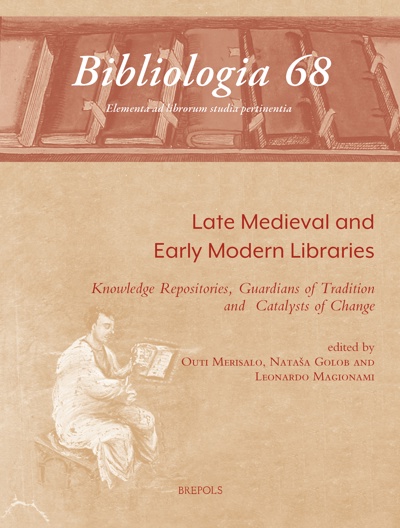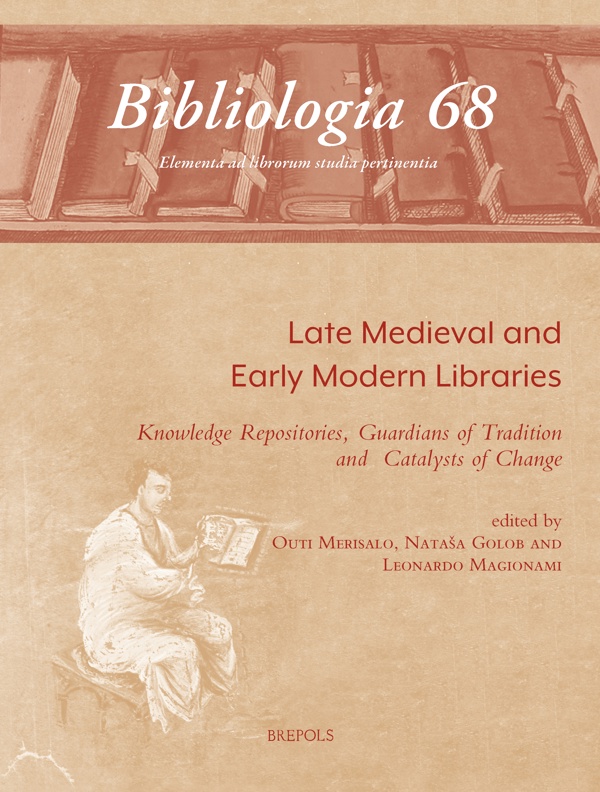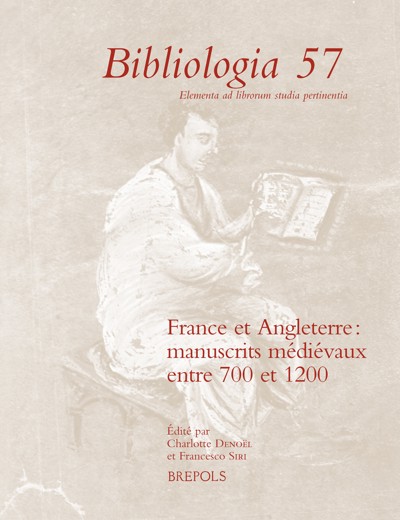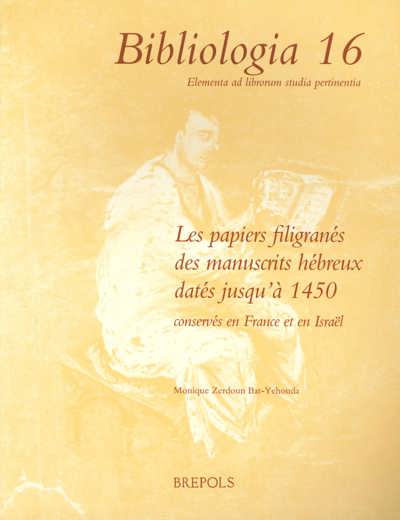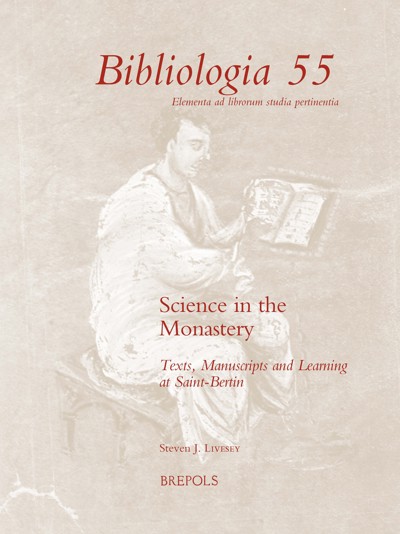
Late Medieval and Early Modern Libraries
Knowledge Repositories, Guardians of Tradition and Catalysts of Change
Outi Merisalo, Nataša Golob, Leonardo Magionami (eds)
- Pages: 341 p.
- Size:216 x 280 mm
- Illustrations:35 col., 3 tables b/w., 5 maps b/w
- Language(s):English, Italian, French
- Publication Year:2023
- € 110,00 EXCL. VAT RETAIL PRICE
- ISBN: 978-2-503-60597-5
- Hardback
- Available
- € 110,00 EXCL. VAT RETAIL PRICE
- ISBN: 978-2-503-60598-2
- E-book
- Available
Late Medieval and Early Modern libraries – knowledge, tradition and change
Professor Outi Merisalo (University of Jyväskylä) has published extensively on the history of the Latin script in the Middle Ages and the Renaissance, on Old French documents, Old and Middle French translations from Latin, Italian humanism in Latin and vernacular, among others. Secretary General of the Comité international de paléographie latine, she has lead several international book historical projects, among which Late Medieval and Early Modern Libraries as Knowledge Repositories, Guardians of Tradition and Catalysts of Change (Lamemoli, Academy of Finland and University of Jyväskylä, 2017.2022). For a full list of publications, see https://staff.jyu.fi/Members/merisalo/publications.htm.
Professor emerita Nataša Golob (University of Ljubljana) has published extensively on stylistic and iconographic themes in medieval manuscripts from Slovenia, monastic libraries and intellectual flow between present Slovenia, Austria and northern Italy, in particular from the point of view of scribes and script. Member of the Comité international de paléographie latine, she is currently cataloguing medieval fragments from Ljubljana with support of Slovenian Academy of Sciences and Arts. For a full list of publications, see https://bib.cobiss.net/biblioweb/biblio/si/slv/conor/2195811
Associate Professor Leonardo Magionami (University of Siena) has published extensively on Medieval and Early Modern manuscripts and fragments, Medieval epigraphy and Medieval display texts as well as catalogued several manuscript collections. Member of the Associazione Italiana Paleografi e Diplomatisti, he collaborates with several international book historical projects. For a full list of publications, see https://usiena-air.unisi.it/browse?type=author&authority=rp08385&sort_by=2&order=DESC#.YjCRMxCZM1J
Libraries are an important factor in preserving and transmitting knowledge, thus contributing to historical continuity. The very concept of simultaneous availability of different texts transmitting possibly contradictory ideas, however, implies a great potential for engaging readers in new ways of thinking, thus promoting change. In addition to transmitting texts, historical libraries would often also be perceived as objects of material and spiritual value enhancing the prestige of their owner, e.g. contributing to the image-building of the political entities ruled by emperors, kings and princes. While the history of individual libraries of the Antiquity, the Middle Ages and the Renaissance have been treated in various detail, no large-scale study of the impact of Late Medieval and Early Modern libraries as knowledge repositories and guardians of tradition, on the one hand, and catalysts of change, on the other, seems to exist. This volume, which is inspired by the outcome of the final colloquium of the Lamemoli project held in Siena in March 2022, explores from the book historical point of view a series of both well-known and severely underexplored Late Medieval and Early Modern book collections in existence between c. 1250 and c. 1650, a period of intense mediatic, cultural, religious and political change in Western Europe. Covering an extensive geographical area from France and Italy to Central and Northern Europe, the collections are examined for both their material characteristics and contents, and their historical formation, in order to assess their roles in preserving and transmitting information as well as generating new ideas.
O. Merisalo (University of Jyväskylä/Lamemoli), Introduction
I. Royal libraries
M.H. Tesnière (Bibliothèque nationale de France, Paris), La dispersion de la Librairie de Charles V et Charles VI au XVe siècle (après 1424). Les manuscrits
S. Niiranen (University of Jyväskylä/Lamemoli), Cultural Perspectives on Printed Works in Sigismund II Augustus’ Library
II. Institutional libraries
J. Kujawiński (University of Poznań/Lamemoli), Established Libraries as Destination for Newly Published Works in Manuscript Culture. Medieval Authors’ Perspectives
S. Allegria (Centro Frate Elia, Cortona), Studio e libri nella biblioteca francescana di Santa Croce in Firenze tra XIII e XIV secolo. Nuovi apporti documentari
I. Ventura (Università di Bologna), Dalla Collectio Amploniana alla Collectio Collegii Portae Caeli. Caratteri e problemi di una collezione in trasformazione
A. den Haan (University of Utrecht), Epulae litterarum. The Universal Latin library of Pope Nicholas V (r. 1447-1455)
N. Golob (University of Ljubljana), Bishop Sigismund of Lamberg and his Books
F. Niutta (Biblioteca Nazionale Centrale di Roma), Alla ricerca della biblioteca manoscritta del Collegio Romano dei Gesuiti
B. Wallura (Freie Universität Berlin/Lamemoli), Omnia ex archivis et fide dignis monumentis collecta. Heinrich Eckstorm’s Chronicon Walkenredense (1617) and the Archiving of Monastic Heritage in Brundwick-Lüneburg
B. Roling (Freie Universität Berlin/Lamemoli), Archives Against Myths. The Hanover Historian Johann Heinrich Jung (1715-1799) and the Counts of Bentheim.
III. Private libraries
S. Fortuna (Università politecnica delle Marche, Ancona), Biblioteche di medicina. Il caso dei traduttori dei medici greci (secoli XII-XIV)
D. Nebbiai (IRHT-CNRS, Paris), Retorica, ortodossia, bibliofilia. L’influenza culturale della biblioteca pontificia nelle raccolte di due ecclesiastici del Nord della Francia
C. Bianca (Università di Firenze), Le biblioteche fiorentine pubbliche e private da Salutati a Poliziano
O. Merisalo (University of Jyväskylä/Lamemoli), Pico’s Latin manuscripts. Palaeographical and Codicological Observations
M. Pade (University of Aarhus/Lamemoli), Pico’s Multilingual Pentateuch
T. Puputti (University of Jyväskylä), The Significance of Paul II and his Library in the Dissemination of Flavio Biondo’s (1392-1463) Decades
P.J. Osmond (Iowa State University), Reconstructing Pomponio Leto’s Library. A Proposal
L. Amato (University of Tokyo/Lamemoli), Bartolomeo del Bene, l’Accademia degli Alterati, e il Libro dell’Anno (Città del Vaticano, BAV, Vat. Lat. 8857)
P. Carmassi (Herzog-August-Bibliothek, Wolfenbüttel), La biblioteca di Marquard Gude come deposito di saperi greci e latini. Strategie di uso e rappresentazione: l’esempio dei Geoponica
Index rerum
Index nominum
Index codicum
